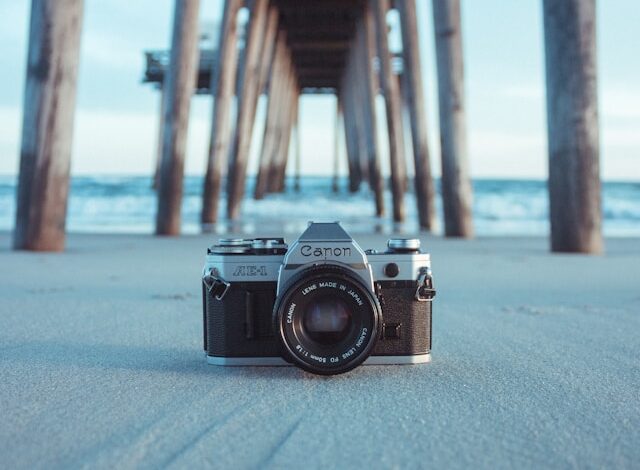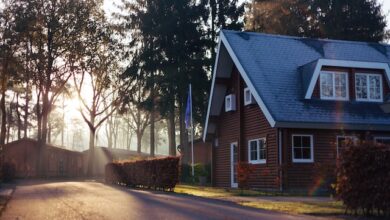A Thorough Overview of UAE’s Photography Rules and Regulations

The United Arab Emirates is a land of breathtaking beauty, rich cultural heritage, and modern architectural marvels that captivate photographers from around the world. From the towering skyscrapers of Dubai to the vast desert landscapes and traditional Bedouin villages, the UAE offers an endless array of stunning visual opportunities. Photography plays a vital role in capturing and showcasing the nation’s diverse landscapes, traditions, and rapid development, allowing both residents and visitors to appreciate and share its unique character.
However, it is crucial for photographers to be aware of and respect the UAE’s specific rules and regulations surrounding photography. These guidelines are in place to protect privacy, cultural sensitivities, and national security interests. By understanding and adhering to these rules, photographers can ensure that they are engaging in responsible and ethical practices while still being able to capture the essence of this remarkable nation.
UAE Photography Rules and Regulations
The UAE has established a set of photography rules and regulations to maintain a balance between allowing creative expression and respecting cultural norms, privacy, and security concerns. These guidelines apply to both professional and amateur photographers, and it is essential to familiarize oneself with them to avoid unintended offenses or legal consequences.
Requirement for obtaining approval before conducting professional photoshoots
One of the key requirements for photographers in the UAE is obtaining proper approval before conducting professional photoshoots. This applies to shoots in public spaces, commercial establishments, and private properties. Photographers must seek permission from relevant authorities, such as the Dubai Film and TV Commission or the Abu Dhabi Film Commission, depending on the emirate in which the shoot is taking place.
Additionally, certain areas, such as government buildings, military installations, and some public spaces like airports and bridges, are strictly off-limits for photography without explicit permission. It is advisable to consult with local authorities or reputable tour operators to ensure compliance with the most up-to-date regulations and to secure the necessary permits before embarking on a professional photoshoot.
Strict ban on photographing individuals without their consent
Another critical aspect of the UAE’s photography rules is the strict prohibition on capturing images of individuals without their express consent. This applies to both public spaces and private events, and it is essential to respect the privacy and cultural sensitivities of those being photographed. Article 378 of the UAE Penal Code states that taking pictures of others without permission can result in fines, confiscation of equipment, and even imprisonment in some cases.
To ensure compliance with this rule, photographers should always seek permission from their subjects before taking their picture. This can be done by politely explaining the purpose of the photograph and offering to share the images with them afterward. By fostering a respectful and transparent approach to photography, photographers can build trust and create meaningful connections with the people they encounter.
Importance of Compliance
Adhering to the UAE’s photography rules and regulations is not only a legal requirement but also a matter of respect for the nation’s cultural heritage and values. By understanding and complying with these guidelines, photographers can contribute to the preservation of the UAE’s unique character while promoting responsible tourism and cross-cultural understanding.
Ensuring respect for privacy and cultural norms
One of the primary reasons for the UAE’s strict photography rules is to protect the privacy and cultural norms of its citizens and residents. The UAE is an Islamic country with a conservative culture, and it is crucial for photographers to be mindful of these sensitivities when capturing images. This includes refraining from photographing people without their consent, especially women and children, and avoiding taking pictures of individuals in private spaces or during religious ceremonies.
By respecting these cultural norms, photographers demonstrate their understanding and appreciation for the UAE’s values and traditions. This, in turn, fosters a positive and mutually beneficial relationship between photographers and the local community, allowing for more authentic and meaningful interactions.
Promoting responsible and ethical photography practices in the UAE
Compliance with the UAE’s photography rules and regulations also promotes responsible and ethical photography practices. This includes being mindful of the environmental impact of photography, such as avoiding damage to natural habitats or disturbing wildlife, and being respectful of historical and cultural sites.
Photographers can also contribute to the preservation of the UAE’s heritage by documenting traditional practices, architecture, and landscapes in a sensitive and accurate manner. By sharing these images responsibly and with proper context, photographers can help raise awareness about the importance of cultural preservation and encourage others to appreciate and protect the UAE’s unique heritage.
Conclusion
The UAE’s photography rules and regulations serve as a vital framework for ensuring that photography remains a positive and respectful practice that contributes to the nation’s cultural richness and diversity. By understanding and adhering to these guidelines, photographers can capture the beauty and essence of the UAE while promoting responsible tourism and cross-cultural understanding. As photographers explore the endless visual opportunities offered by the UAE, from the glittering skyline of Dubai to the ancient desert fortresses andtraditional oases, they should embrace the chance to create meaningful connections with the people and places they encounter. By seeking permission, respecting privacy, and being mindful of cultural sensitivities, photographers can craft powerful and authentic narratives that showcase the UAE’s unique character and heritage.



